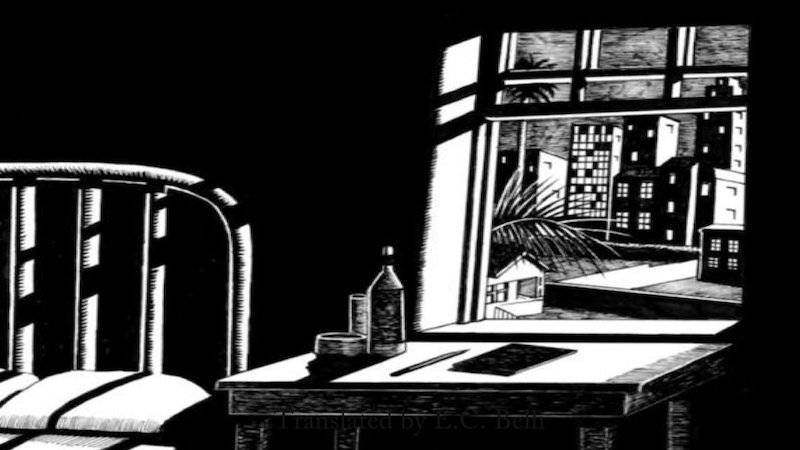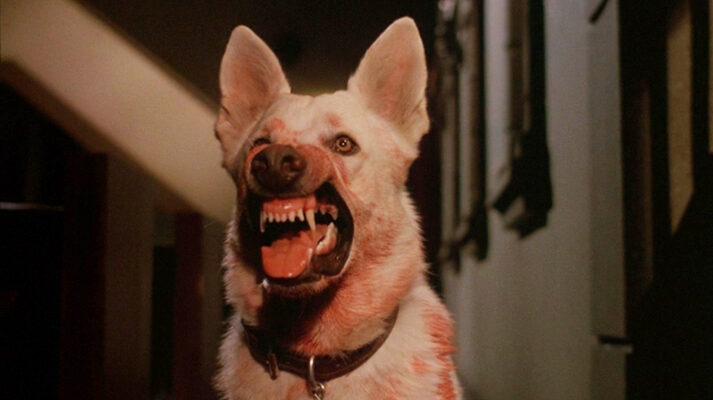Meet Baillie Gifford Prize Finalist Thomas Page McBee
The Author of Amateur on Masculinity,
"Beginner's Mind," and Olga Tokarczuk
It’s almost here: the winner of the 2018 Baillie Gifford Prize for Non-Fiction, which celebrates the “very best in high quality non-fiction” published in English in the past year, will be announced this Wednesday. The author of the winning book will receive £30,000, and each of the other shortlisted writers will receive £1,000.
Thomas Page McBee’s Amateur: A True Story About What Makes a Man, an exploration of gender and the story of how McBee became the first transgender man to fight a cisgender man in Madison Square Garden, is a finalist for the Baillie Gifford Prize. Lit Hub asked McBee a few questions about his writing habits, his life, and making it into the shortlist.
What role do you think longform nonfiction has in bringing about social change?
The intimacy of complete immersion in the mind of another is unique, I believe, to reading generally—and to books in particular. Longform nonfiction, then, gives readers the opportunity for a transporting, radical empathy; and, for writers, I think it requires a similarly radical act of vulnerability. Even in formats that appear to be about a subject besides the writer, a good writer is showing you exactly how they see the world, and why. I think all social change begins with challenging and questioning the limitations of our own perspectives, and I certainly hope my work acts as an offering to the reader who wants to expand themselves. I know that this imaginary reader inspires me to do the same.
What was the greatest hurdle for you in telling this story?
The first rule of masculinity, just like the first rule of Fight Club, is to not talk about it. Certainly, I learned early in my transition, you are to never question it. As a trans man, I knew that asking my “beginner’s mind” questions about gender would open me up to real and figurative violence, and I worried about that more than I ever worried about getting hit in the face in the boxing ring. But then, that fear became part of the story, and how I told it.
Do you ever turn to fiction as a respite from the research-heavy world of nonfiction? If so, who?
Yes, of course. I read fiction near-daily, though I’m not sure it’s always a respite—I often find ideas and solve problems in my work by reading fiction. I’m currently reading Olga Tokarczuk’s brilliant book, Flights. I was also really impressed with the last two novels I read: Tommy Orange’s There There and Ling Ma’s Severance.
What do you always want to talk about in interviews but never get to?
I’m pretty good at getting interviewers to talk about what I want to talk about (and they seem to often not want to talk about): How gender is a force in all of our lives, not just trans folks and women. Sometimes I wonder if people realize that, for me, gender is a proxy for the human condition: How we relate, how we socialize ourselves and each other, how we make culture, how we fail, how we hurt, how we are hurting, how we can reimagine our potential.
What’s the best writing advice you’ve ever received?
My wife’s general life advice has been to not only face what I’m most scared of, but to write straight into it. I love that, because it reorients bravery so that it’s about vulnerability. Whenever I’m stuck with my work, if I just ask myself why and answer honestly, I usually find my next step right there. I just have to be willing to look.




















